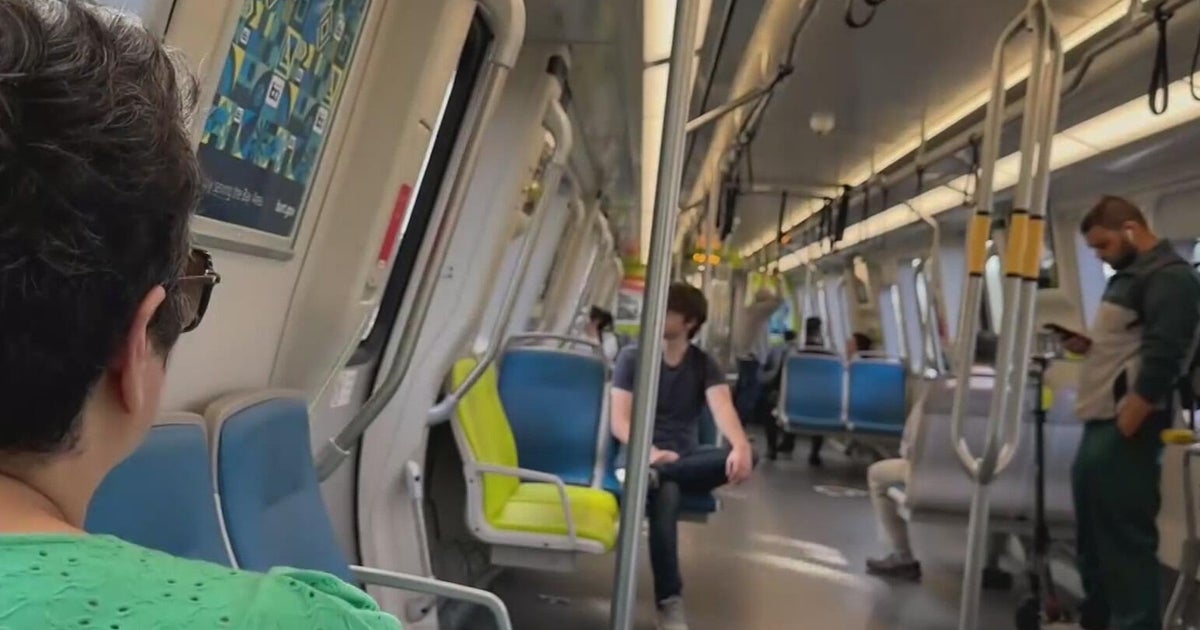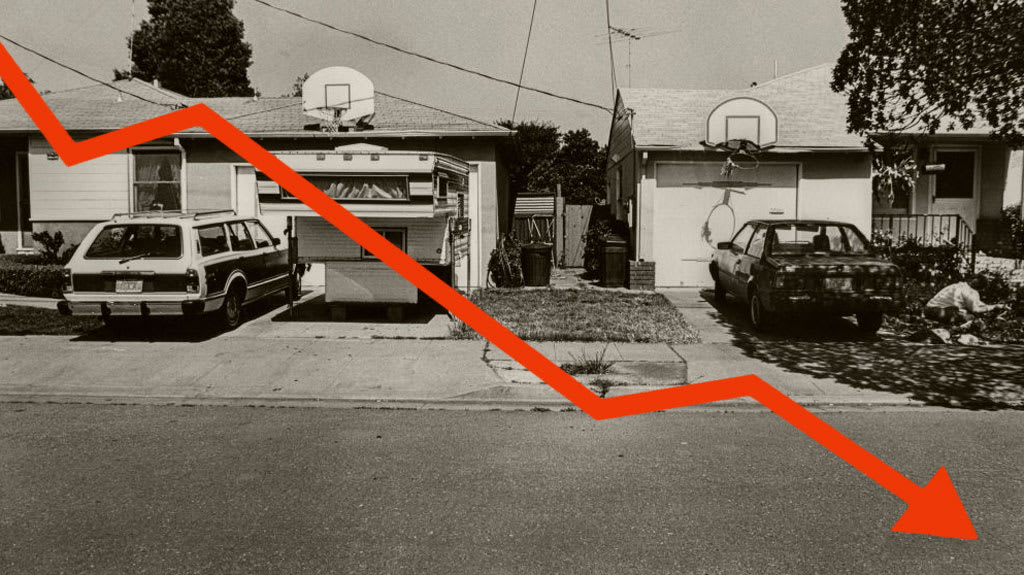Where America's lowest earners just got a raise
The new month brought economic relief to low-income workers in scattered parts of the U.S., but in Birmingham, Alabama, and Johnson County, Iowa, July 1 likely came as a bitter reminder for those scrapping by on the minimum.
As of Sunday, minimum-wage workers in two states, the District of Columbia and 15 cities and counties were earning more due to scheduled increases passed through legislation or ballot measures.
"As inflation has eaten away at the federal minimum wage's value, many states, cities, and counties have stepped up to protect the workers in their jurisdictions," David Cooper, senior economic analyst at the Economic Policy Institute (EPI), said in a statement.
Oregon's minimum wage increased to $10.75 from $10.25, to $10.50 from $10 in rural areas, and to $12 from $11.25 in Portland and its surrounding urban areas, thanks to legislation passed in 2016. Low-income workers in Maryland now make at least $10.10 an hour, while in the District of Columbia, hourly pay increased to $13.25.
Of 15 cities and counties that boosted minimum pay, 11 are in California. The highest minimum wage in the nation is in Emeryville, California, where businesses with 56 or more employees have to pay at least $15.69 an hour. Washington is the state with the highest minimum wage, which hit $11.50 at the beginning of the year.
Conversely, the lowest hourly rate remains $7.25 an hour in 21 states, 11 years after Congress last increased the federal minimum.
For Americans earning $7.25 an hour, the value of their work has declined 25 percent since 1968, Cooper told CBS MoneyWatch. "The fact folks are being paid so little relative to their counterparts years ago reflects inaction by policymakers," he said. Cooper noted that polls show Democrats and Republicans may disagree on the amount, but Americans of both political persuasions support raising the minimum.
"As people become more aware of these disparities, the hope is that it creates pressure on lawmakers to act on the federal level," he added.
Two cities -- Birmingham, Alabama, and Johnson County, Iowa -- had minimum-wage increases scheduled to take effect July 1, but legislatures in both states preempted the moves by barring cities and counties from setting local minimums.
In total, 25 states have passed such measures, starting with Louisiana in 1997. "The minimum-wage preemptions have been going on for 20 years now," Cooper said.
"It's remarkable and sad that someone in San Francisco and someone in Birmingham could be doing the exact same job, but the worker in San Francisco will be paid more than double what the worker in Alabama is paid," said Janelle Jones, an EPI economic analyst. "There's no economic justification for that."
An annual report by the National Low Income Housing Coalition found the minimum wage would not cover the rent anywhere in the country, without working lots of overtime. In California, the group found, a worker would need to earn $32.68 an hour to afford a modest, two-bedroom home or apartment, versus $14.65 in Alabama.



